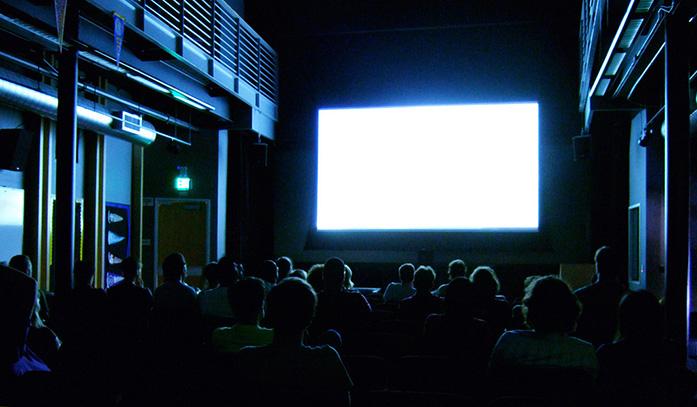Cancer stories are often depicted as tragic in Hollywood film and best-selling novels. However, more than 80 percent of audiences have calledWhen Cancer Calls uplifting, says physician Wayne Beach. The reason, he said, is simple: the power of communication.
At 6 p.m. today, Beach will present his film When Cancer Calls a recording of a live production depicting a family’s struggle with their mother’s lung cancer from diagnosis to death.
The biographical script was created solely from the 61 phone calls made by a San Diego family over 13 months. Originally, Beach put the project off for eight years. Then his own mother fell ill with cancer and passed away in Iowa. Her death inspired him to return to the seven and a half hours of recorded audio and produce the 80-minuteWhen Cancer Calls.
The Daily Iowan caught up with Beach to discuss the film.
DI: What were some of your goals when shaping this story?
Beach: I had to get this out to the general public. And not just in the United States. I was in South Korea last year, and cancer over there is rampant. We have to stop thinking of this as a U.S. phenomenon but as an actual worldwide issue. So I needed to create an everyday-life performance. You know, today in San Diego County, about 35 to 45 people are diagnosed with cancer. Another 150 receive benign results. How many phone calls do you think occurred, in and around, before, during, and after those biopsies and the results? We’re talking about thousands upon thousands of phone calls, just in San Diego County itself. Hundreds of thousands of calls a day dealing with cancer.
DI: You noted that there has been an overwhelming response from people who have seen the film and have been affected by cancer. Why do you think this is?
Beach: All the dialogue in the performance is drawn from real, naturally occurring phone calls … So its not just a scriptwriter’s imagination or a playwright’s hypothetical version of a world. This is, after all, the first natural history ever in the history of the social and medical sciences that has captured a family’s discussion about cancer from diagnosis to death of a loved one. So when audience members see it, they find it extremely interesting and entertaining. But also extremely authentic. To the point where it connects very deeply with their own world experiences.
Even though the mother dies at the end of this family’s journey, the survival rates for cancer now are in the upper 50 percent. This points the focus on the fact that it’s not just the patients who are the cancer survivors, it’s also the family members who have gone through this journey with the cancer patient.
DI: If there was one thing you wanted people to know about *When Cancer Calls*, what would it be?
Beach:When Cancer Calls at root is a triggering mechanism. If you watch a film about authentic conversations about cancer, it stimulates authentic conversations about cancer. So next time you run across people who are going through something or you’re experiencing something, you can tap into When Cancer Calls and begin to use it as a reservoir for thinking about improving communication and relationships.
FILM
What:When Cancer Calls Screening and Discussion
When: 6 p.m. today
Where: N110 College of Public Health Building



